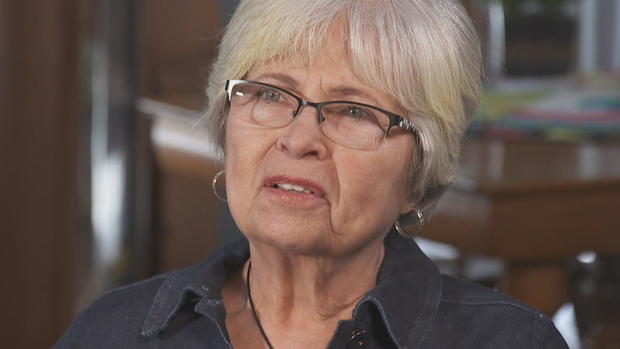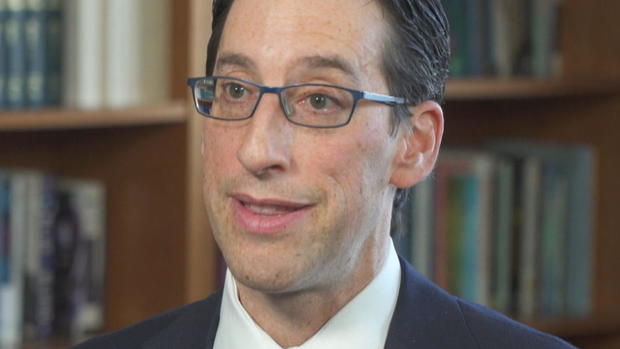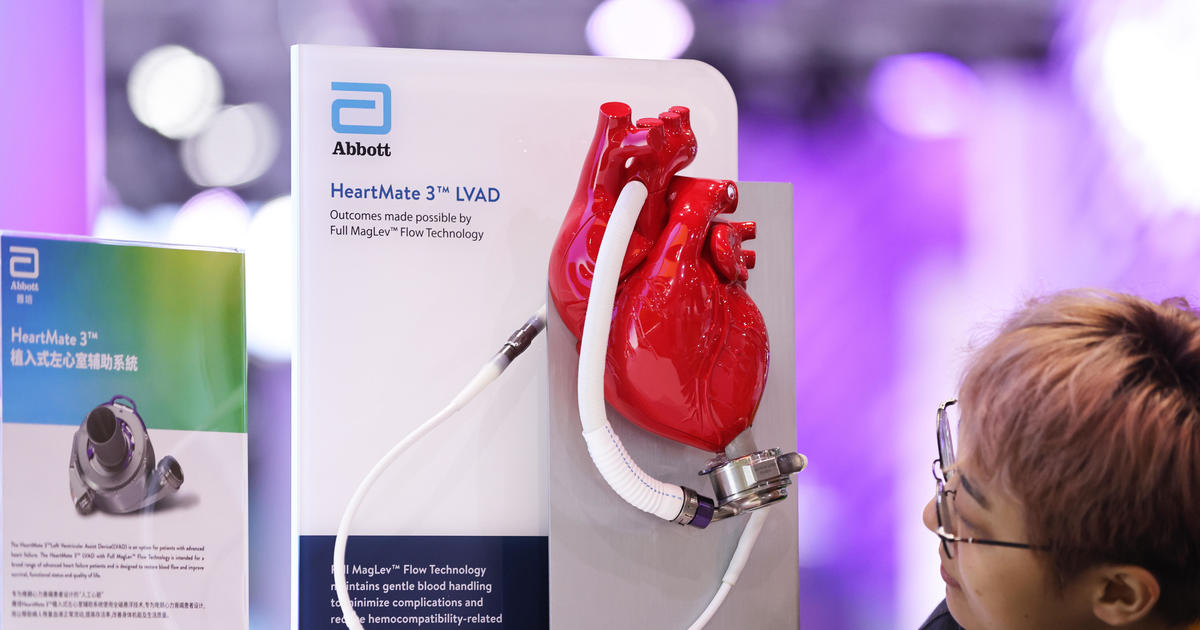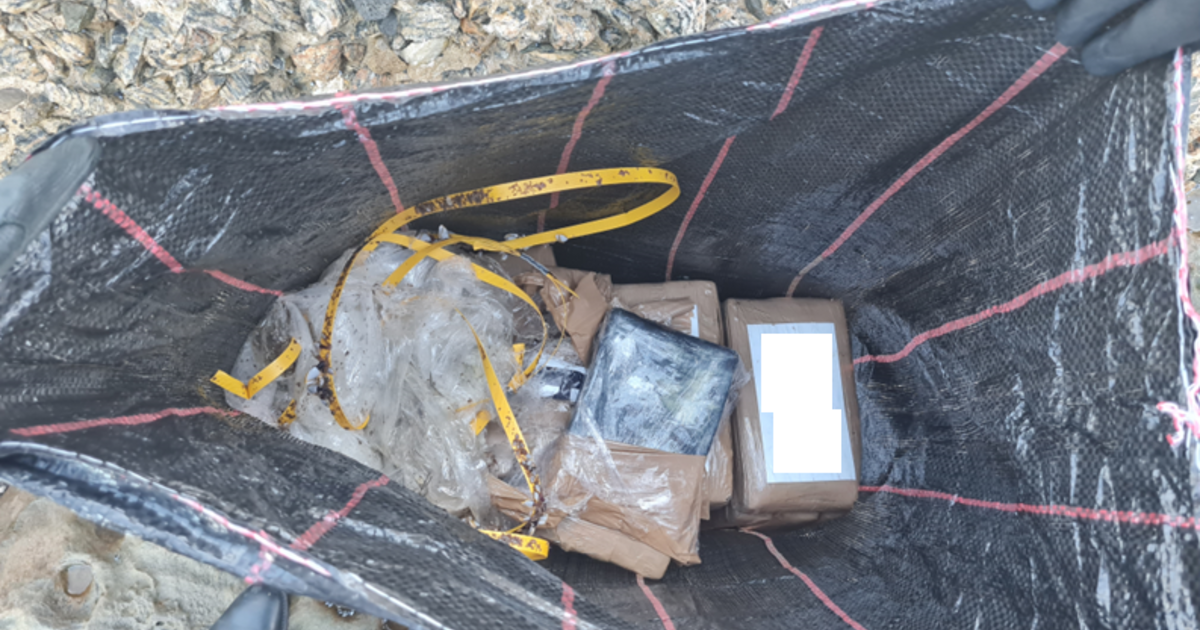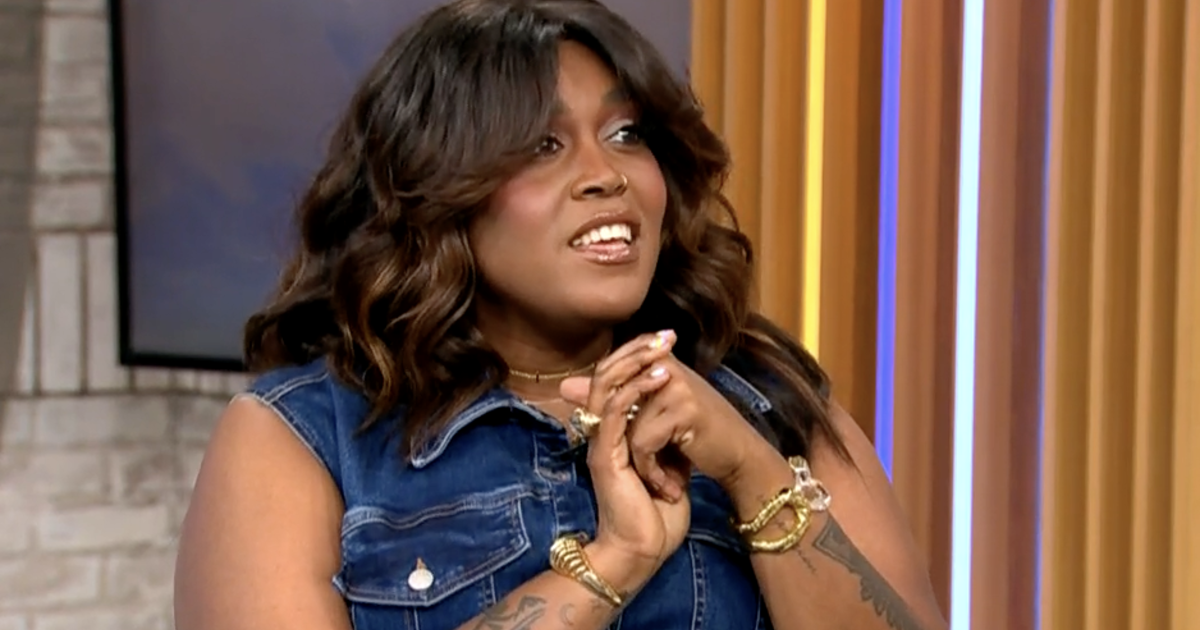How critics say drug companies play "games" to stave off generic competitors
Lawmakers are considering a bill to address what President Trump called a top priority in his State of the Union speech: lowering prescription drug prices. Critics say some drug companies who want to hold onto their exclusive sales of a brand-name drug – and their profits – are playing games to stave off generic competitors, leaving patients out in the cold. The FDA commissioner has called the tactics "shenanigans" and "unfair and exploitative practices".
For Pam Holt, keeping her multiple myeloma – blood cancer – at bay requires a drug called Revlimid. Her co-pay runs $640 per month. But Holt can't get a generic, not because other companies aren't trying to make one, but because critics say Revlimid is one of a number of drugs for which companies are using unfair tactics to stifle generic competition, reports CBS News' Anna Werner.
"This does not help consumers. They're paying more money than they should be paying," said Rutgers law professor Michael Carrier.
Carrier studies what he calls the "games" drug companies play to protect their profits.
"Those games take many forms. In one form, a brand company will pay a generic to delay entering the market," Carrier said. "In another form it will switch from one version of a drug to another, just trivially different, just to keep generics off the market…. They call it life-cycle management. I call it anti-competitive conduct."
Often, he says the games involve patents, the government protection that gives companies the exclusive right to sell their drug for 20 years. But drug makers have found ways to extend those protections much longer.
For example, rheumatoid arthritis drug Humira last year generated $18 billion for manufacturer AbbVie. But its original patent was expiring in 2016. So to protect it, Carrier says AbbVie built what's called a "patent thicket" of more than 100 additional patents.
"It uses that patent thicket to keep any other biosimilar off the market," Carrier said. "When there are so many patents on any particular drug, it's easy to find some where you can claim infringement."
Another tactic, he says, is "product hopping" – where a company will make minor changes to their drug, like switching from a capsule to a tablet or changing the dosage.
"Every time there's a change like this, the generic has to go back to the drawing board. Has to redesign the product, get FDA approval, it can't be substituted at the pharmacy counter because it's a little bit different, and so that's what product hopping is all about," Carrier said.
And Pam Holt's drug Revlimid? It's in a special group of high-risk drugs. To make a generic version, a competitor has to be able to get samples from original manufacturer Celgene but generics manufacturer Mylan is suing Celgene, saying it won't provide the samples and so, "has directly blocked patient access to generic Revlimid and prevented savings for patients."
"And I'm just learning that now. So that is just devastating to me," Holt said. "Sick people should not have to increase the profits of these huge drug corporations. At some point, there needs to be understanding that people should be able to have the drugs that they need to survive."
Celgene did not comment about Mylan's lawsuit but in court filings called it "pointless." The company also sent us a brochure saying it's willing to make Revlimid and other drugs available to generic manufacturers – that it "consistently offers and has sold samples" for what's called bioequivalence testing.
So what do other drug companies have to say? Lori Reilly, with the industry's lobbying group PhRMA, says the system is working.
"Ninety percent of all medicines are generic. Over 1,000 new ones approved just last year, the highest of anywhere in the world. And over a $100 billion worth of new medicines going off patent in the next five years. I think our system, by and large, has worked tremendously well," Reilly said. "I'm basically saying that if to the extent there are issues, that there are multiple opportunities and venues to address those."
She says companies invest billions to bring new medicines to market and need patents to protect those investments and to innovate.
"Our companies enter into, with great intent, of trying to make their medicines more productive, more useful for patients and society," Reilly said.
Asked if that – without exception – is true, Reilly replied, "Well, I certainly don't look at every single patent a company gets, but I believe our companies act with very good intent, yes."
But Pam Holt says she's decided to act, too. She's joining the group Patients for Affordable Drugs and using the time she has left to fight drug companies.
"It's just so very irritating and so very heartbreaking that there's so little being done to help us," Holt said.
AbbVie did not comment on Humira. Celgene says a generic version of Revlimid comes out in 2022.
But Holt may not live that long. Her doctors say at best she may have 10 years left. The company does offer a reduced-payment program, but as a retired educator she makes too much to qualify – though not enough to avoid going more than $7,000 in debt.
